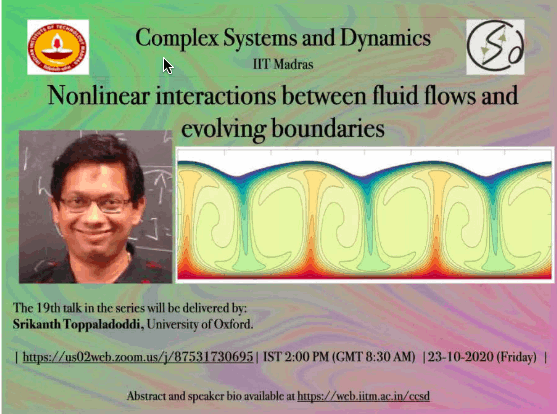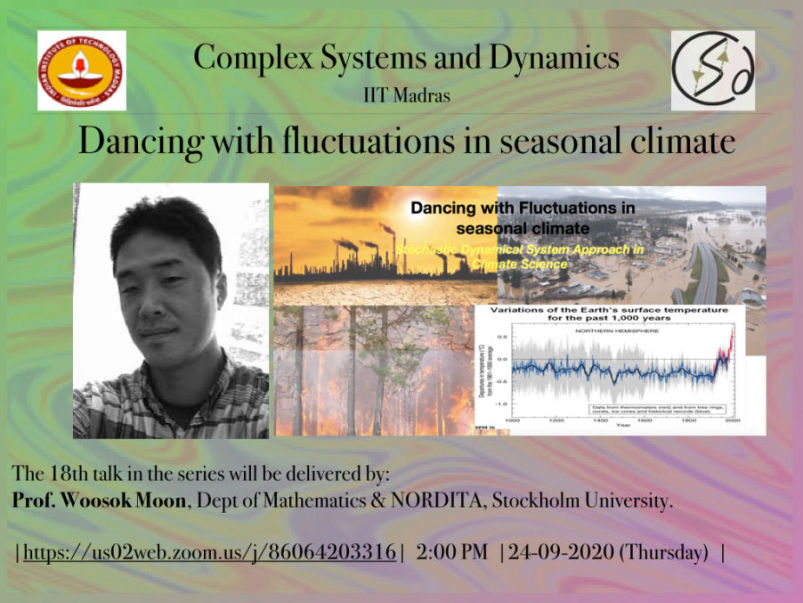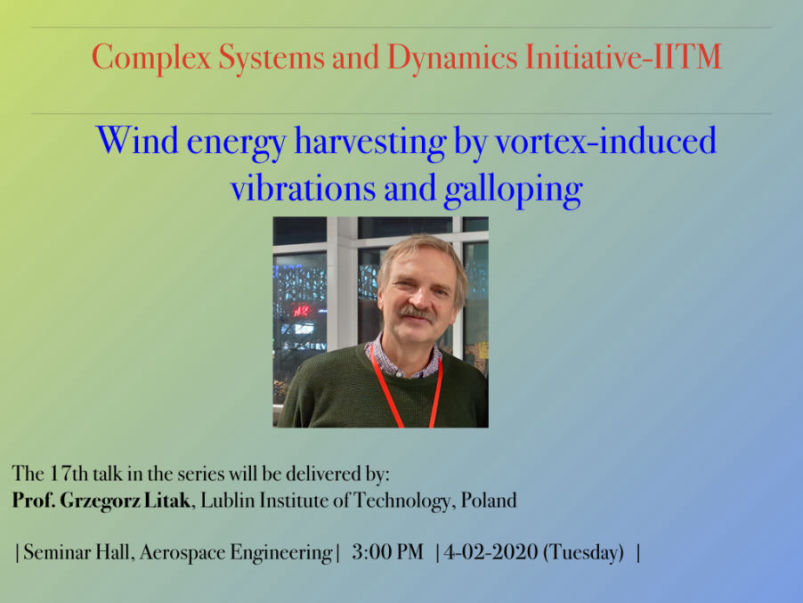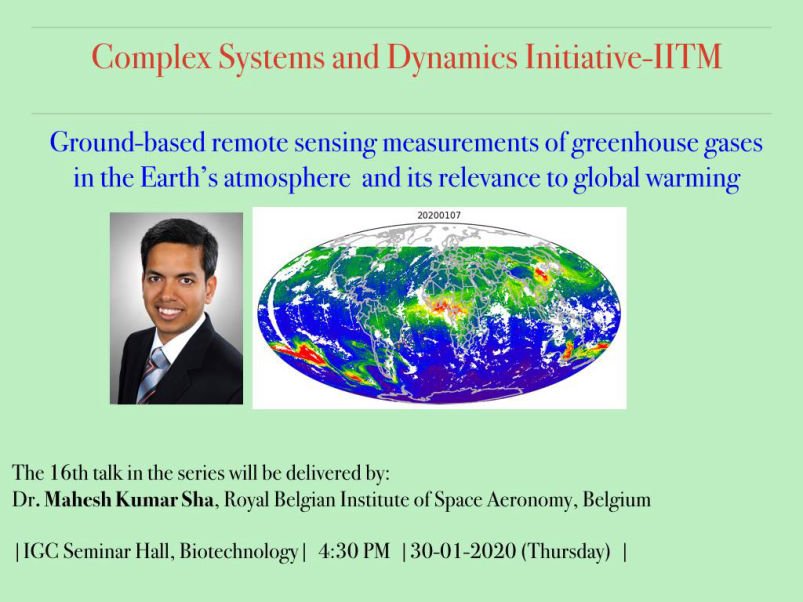Dr. Srikanth Toppaladoddi
University of OxfordUnited Kingdom

19th Seminar: October 23, 2020
Nonlinear interactions between fluid flows and evolving boundaries
Abstract
Interactions between fluid flows and evolving boundaries are at the heart of some of the most challenging problems in applied mathematics, geophysics, climate physics, and engineering. In this talk, I will explore the interplay between shear- and buoyancy-driven flows and a phase-changing boundary using linear stability analysis and direct numerical simulations. Specifically, I will consider Rayleigh-Benard-Couette and Rayleigh-Benard-Poiseuille flows of a pure liquid phase under its solid phase - which can either melt or freeze - to understand the impact of these interactions on the evolution of the solid phase and the heat transport in the liquid phase.


